If you want to spend time with Mongolia’s most remote nomadic tribes, take the kids on a low-altitude trek in the foothills of Nepal’s Annapurna region, explore the ruins and jungles of Guatemala, or raft, canoe, kayak and hike your way through Madagascar, active travel specialists World Expeditions will make it happen.
Yet when the company led its first trip 50 years ago – under the name of Australian Himalayan Expeditions – the concept of adventure travel didn’t even exist. Its early trips not only helped position Nepal as a destination for active travellers, but also helped launch a whole new style of holiday.
Half a century on, World Expeditions operates across all seven continents, offering hiking and cycling trips, cultural journeys, mountaineering adventures and even active boat-based trips in destinations as diverse as the arctic tundra, the jungles of South America and Australia’s remote outback.
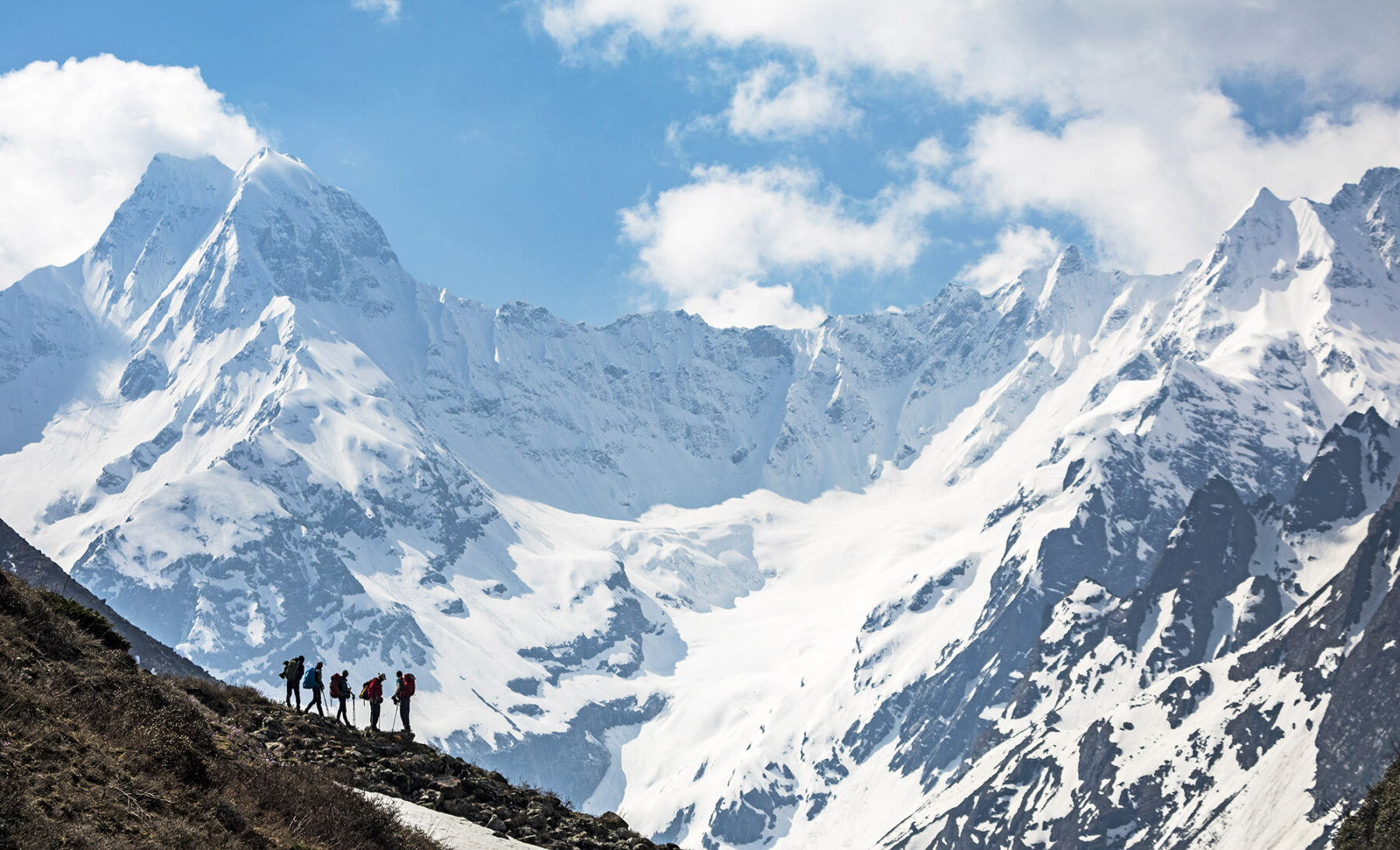
World Expeditions has always been about more than just amazing adventures, however. For five decades it has led the way in showing that travel can be good for communities and good for the planet. Right from the start, World Expeditions understood that travel is a two-way experience – one that should benefit not just the travellers but also the places and people they visit. Instead of looking upon the Himalayan peaks as something to conquer, World Expeditions encouraged its guests to immerse themselves in majestic landscapes and connect with local communities with an ethos of giving back.
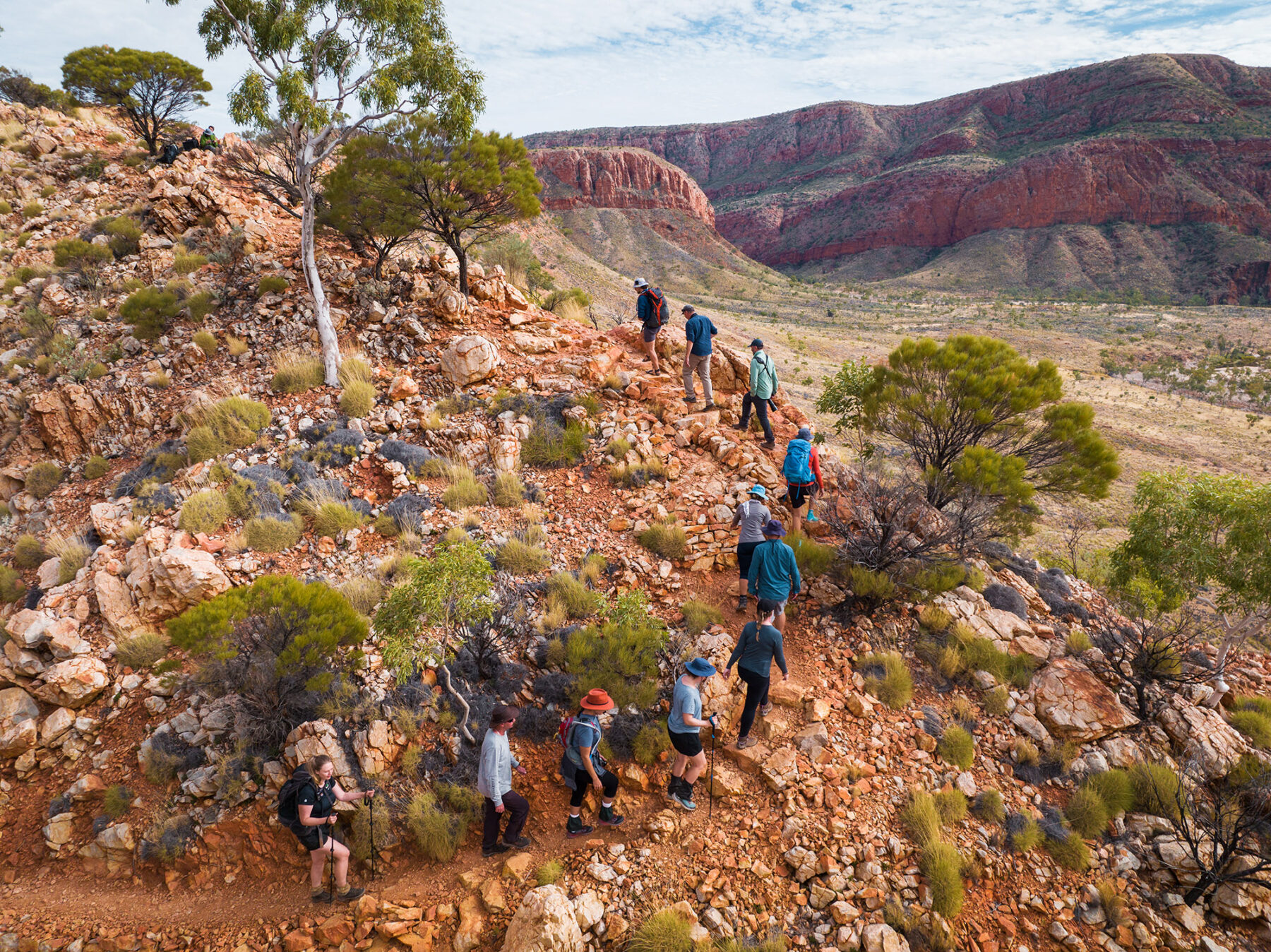
Wherever you travel with World Expeditions, you’re not only looked after – you’re also a welcomed guest. On trips to destinations as diverse as India and Iran, I don’t just remember the magnificent palaces and mosques we encountered or the mineral-rich mountains and starkly beautiful deserts through which we hiked and cycled. I also remember the special moments: drinking tea in a local tea house in Isfahan or having dinner with a family of farmers on the first floor of their house while their cow settles in for the night one storey below. And I remember the sense of safety, knowing that no matter how remote our location, we were in safe hands – which proved important when our hiking path was washed away and we had to find a new way forward.
Pushing the boundaries
World Expeditions has long been a trail blazer. One of the first companies to offer treks in the Buddhist kingdom of Bhutan all the way back in the 1980s, it also launched the first commercial rafting expedition on Tasmania’s Franklin River, pioneered multi-day treks on the Larapinta Trail and commercial cycling trips in Vietnam in the mid-1990s, and spearheaded community-based tourism in Nepal, Bhutan, Australia and Peru.
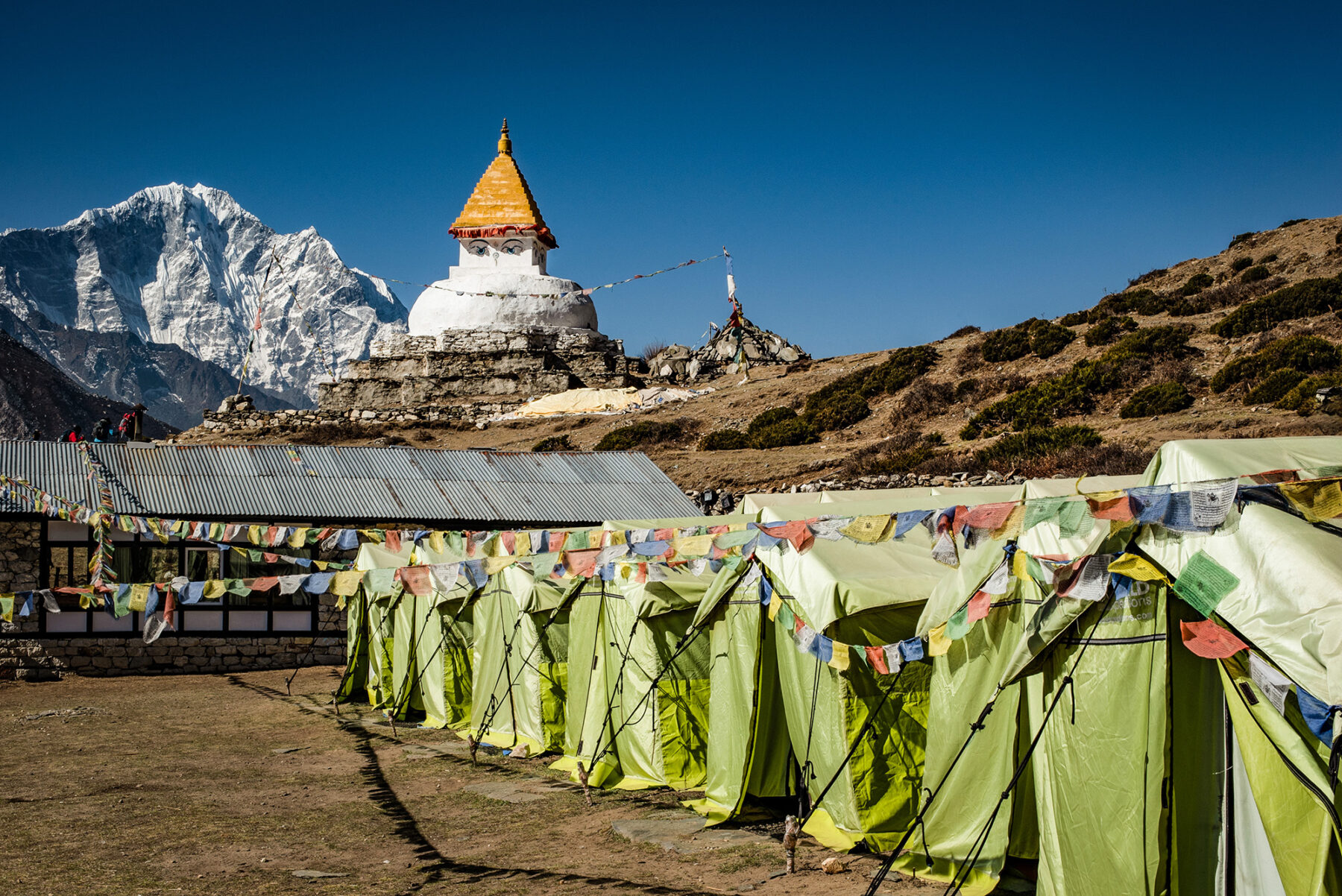
Its long list of responsible travel innovations includes introducing low-impact campsites that protect the local environment; implementing a porter protection policy that ensures fair wages, proper gear and working conditions for trekking staff; helping to build schools and medical facilities; and pioneering projects such as the 10 Pieces litter reduction campaign.
While the company has long championed big adventures – it was the first operator to offer long-distance hikes along the Transcaucasian Trail and the Great Himalaya Trail – it also seeks to open up adventure tourism to all sorts of travellers through its dedicated schools program, its portfolio of women-only adventures, and its support for female adventurers. These have included cyclist Kate Leeming, climber Monique Forestier, and late mountaineer Sue Fear, the first Australian-born woman to summit Everest.

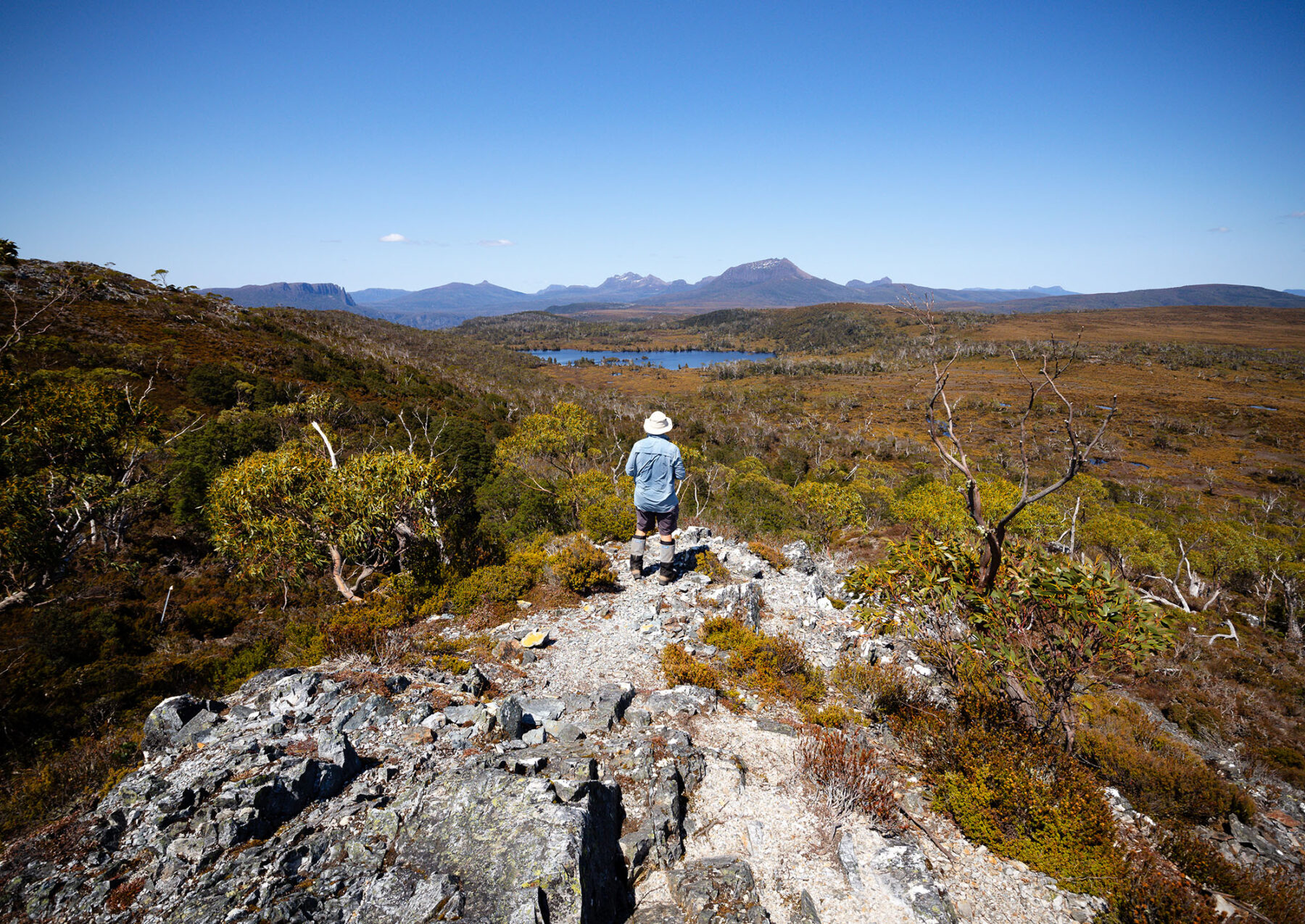
Steering this approach for more than two decades has been CEO Sue Badyari. Having started at World Expeditions as a receptionist and worked her way up, Badyari has headed up the company for well over half of its existence. A believer in the regenerative possibilities of travel, she has consistently championed ethical travel, and was named Sustainable Champion of the Year at the 2024 Women in Travel Awards.
Badyari has skilfully steered the brand’s expansion into a portfolio of 17 separate brands, some acquired, others developed in-house by the World Expeditions team. The latter include Australian Walking Holidays, Australian Cycle Tours and Great Walks of New Zealand. It also includes UTracks, which specialises in guided and self-guided active holidays in Europe. From cycling the back roads of Provence to hiking the high trails of the Balkans and embarking on bike and boat holidays in Turkey and Croatia, the UTracks program is packed with extraordinary active travel experiences in Europe.
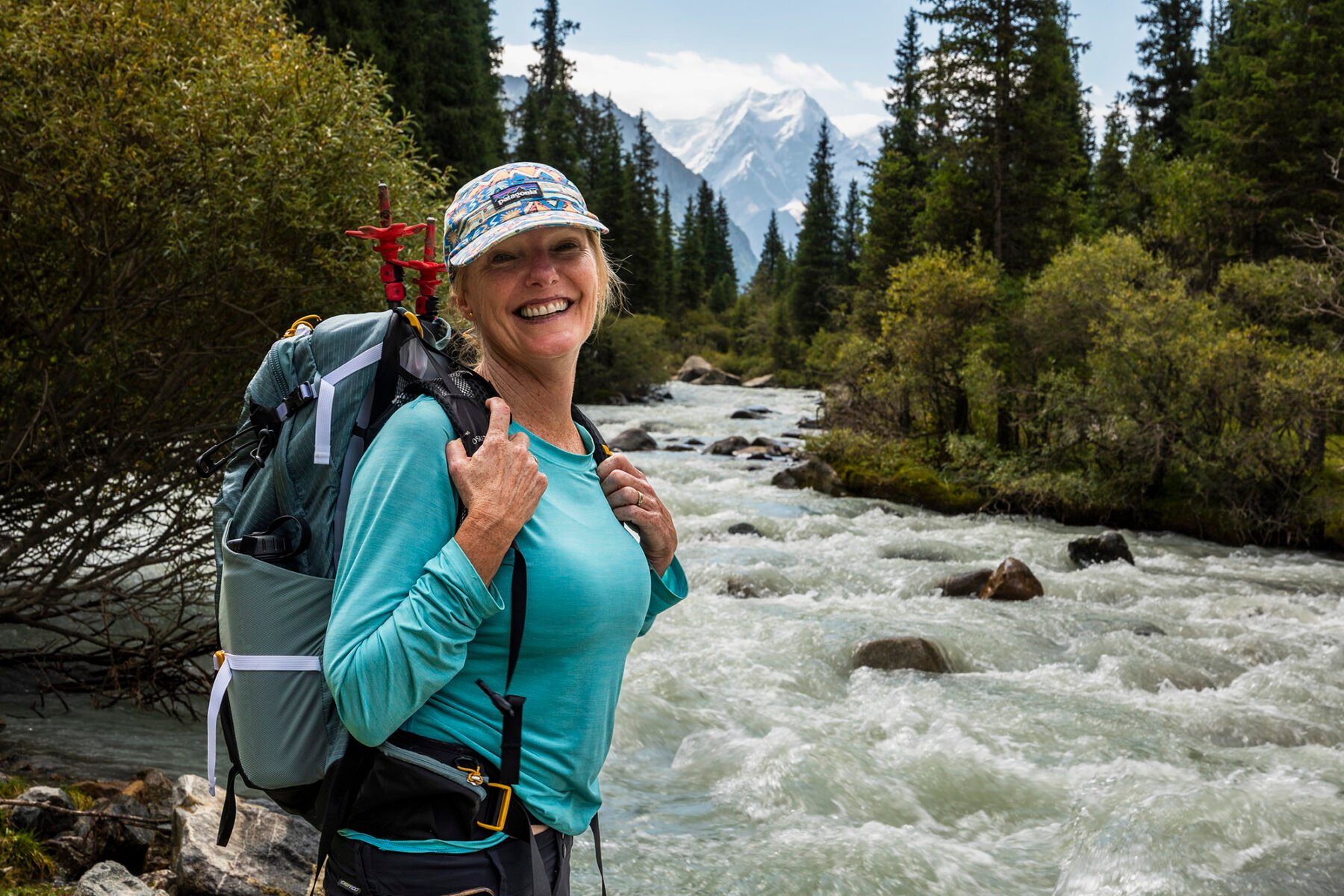
Other brands within the World Expeditions Travel Group include Adventure South NZ, Adventure Travel West, Blue Mountains Adventure Company, Great Canadian Trails, Huma Charity Challenge, North America Active, Sherpa Van, Tasmanian Expeditions, Trail Journeys, Walkers’ Britain and World Expeditions Schools.
Marking a milestone
No, there won’t be a cake crowned with 50 candles, but World Expeditions has planned some memorable celebrations to mark its half-century. They include nine very special treks in the place where it all began, Nepal, including itineraries led by legendary adventurers including Tim Macartney-Snape and Soren Kruse Ledet.
There are options to suit every kind of traveller, including an introductory Everest trip for first-timers, a women’s adventure, an Everest Base Camp and Kalar Patthar itinerary and, for those up for a real challenge, a Makalu and Everest traverse. All the groups will meet up in Thyangboche, Nepal on 24 September for a special banquet served against the towering backdrop of Everest – truly a meal to remember.
And of course, World Expeditions will continue to invest in new initiatives that prove that travel can indeed make the world a better place, including its journey towards becoming an approved B Corp company.
